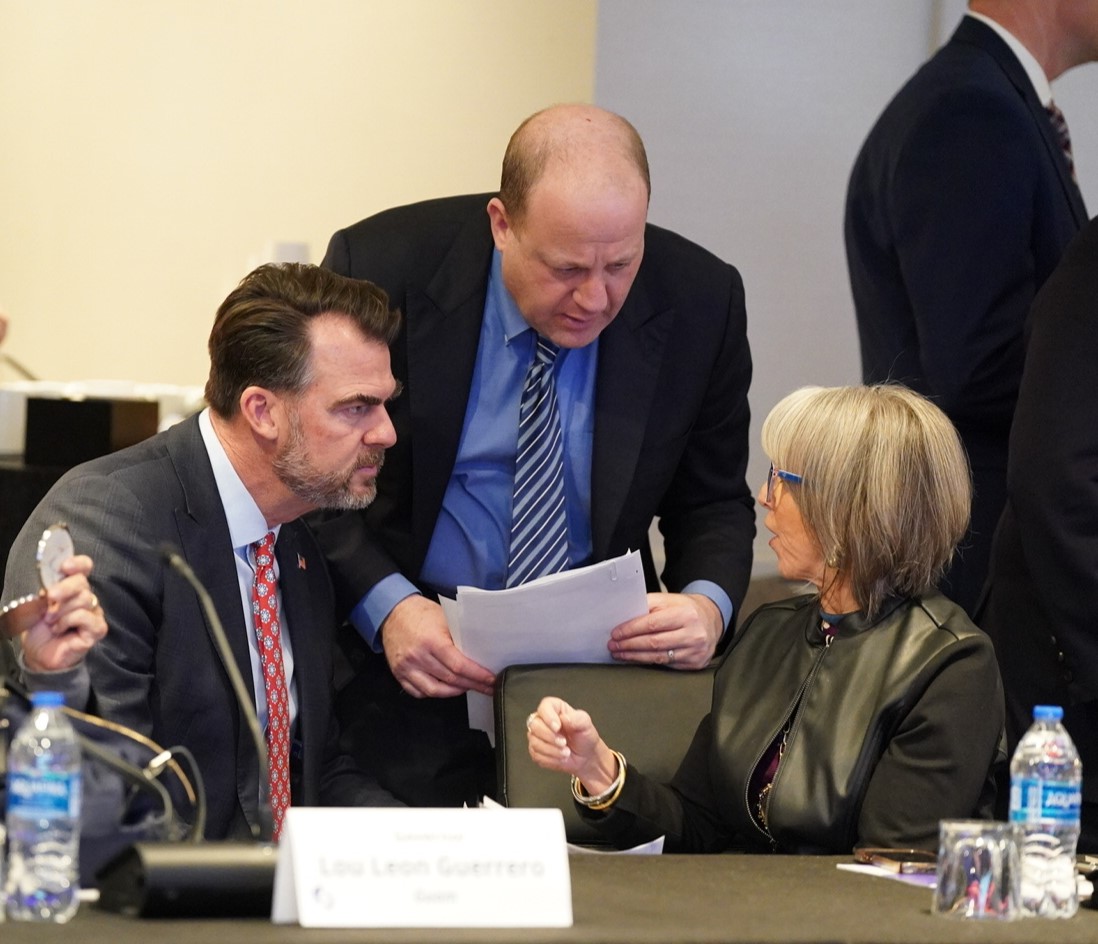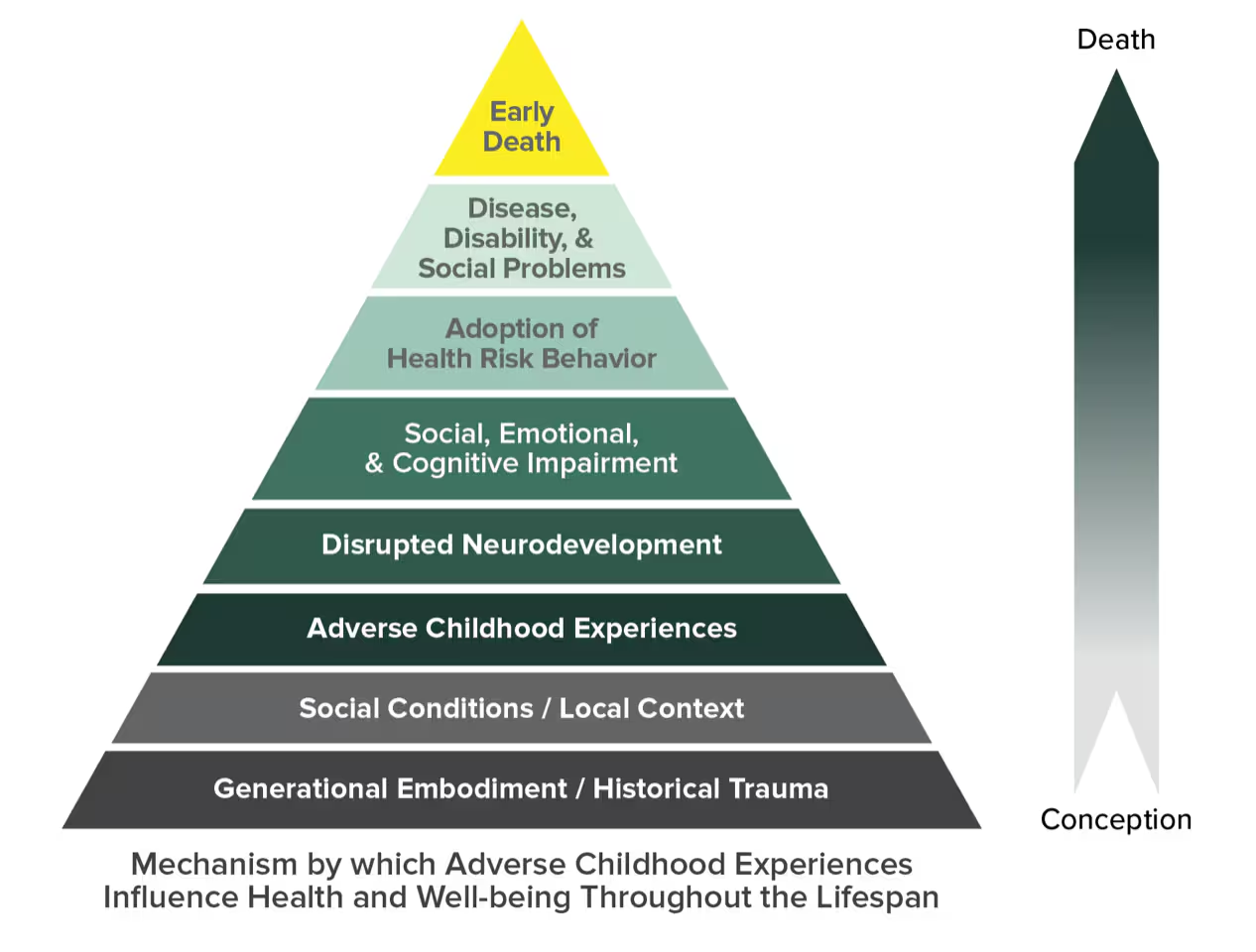Public safety continues to be a priority for states and territories. In 2023, Governors used their State of the State addresses to discuss numerous issues concerning criminal justice and public safety. In particular, Governors noted four main areas of increased importance, including opioid and substance use disorder, mental health services and community response, law enforcement workforce and funding challenges, and violent crime.
Opioid and Stimulant Policy
At least 20 states and territories mentioned opioid or stimulant substance use, which has increased in severity in response to the COVID-19 pandemic and the increased presence of fentanyl and xylazine in the illicit drug supply. At least eight states referenced initiatives for providing increased access to treatment and services for those affected by substance use disorder. In Virginia, Governor Glenn Youngkin emphasized the “Right Help, Right Now” initiative. Introduced in 2022, this program increases access to substance use disorder and behavioral health support through funding allocation and the adoption of the 988 lifeline. In Maine, Governor Janet Mills emphasized providing treatment beds and prevention measures, as well as increasing the distribution of Naloxone.
Other Governors adopted a public safety focused approach to the opioid crisis by directly addressing the illicit drug trade and the role of law enforcement in mitigating the spread. In Illinois, Governor J.B. Pritzker highlighted the Illinois State Police’s Metropolitan Enforcement Groups and Drug Task Forces, which seized 679 firearms and over 13 tons of drugs including fentanyl across the state in 2022. In Alabama, Governor Kay Ivey directed state law enforcement to make combatting fentanyl the top priority of the Alabama Drug Task Force. She also urged members of the State Legislature to pass House Bill 1, which imposes mandatory prison time for possession of one or more grams of pure fentanyl. The legislation received unanimous support in both chambers of the State Legislature and was signed into law by Governor Ivey on April 6, 2023.
Mental Health
Recent data shows that more than one in five U.S. adults live with a mental illness. The importance of mental health, along with the intersectionality of mental health and criminal justice, has become an important topic for Governors and states to address. More than half of the nation’s Governors spoke about mental health and the need to increase investments, opportunities for co-responder models with law enforcement, and utilization of diversion and community-based treatment models to prevent individuals struggling with mental illness from being incarcerated.
In New Jersey, Governor Phil Murphy highlighted the state’s “ARRIVE Together” program, stating “this partnership not only enhances the safety of our neighborhoods, but it protects our brave men and women in Blue, as well.” ARRIVE Together is a co-responder model which pairs law enforcement with mental health professionals to respond to individuals experiencing a behavioral health crisis.
Understanding that Arkansas needed both a comprehensive approach to reduce violent crime and the backlog in county jails but also that other justice-involved populations frequently struggle with mental illness, Arkansas Governor Sarah Huckabee Sanders emphasized the state’s approach to providing critically needed services to incarcerated populations. The Governor then championed and signed a law that toughens sentences for violent, repeat offenders, increases charges for killer drug dealers, incentivizes the recruitment and retention of talented corrections officers and other law enforcement personnel, builds a new, 3,000-bed prison, and changes the approach to providing critically needed services to incarcerated populations by focusing on mental health, faith-based programs, and developing workforce skills that will help them when they re-enter the community.
Investing in Law Enforcement
Governors continue to provide support for law enforcement to allow them to effectively and safely protect their communities and residents. At least 21 states discussed investments in law enforcement to ensure that agencies are staffed appropriately, increase rates of recruitment and retention, and make sure that law enforcement has the skills and training needed to protect communities.
At least five states specifically mentioned providing salary increases to law enforcement or public safety personnel. For example, Idaho Governor Brad Little proposed increasing salaries for state law enforcement by 10%, providing an average increase of $6,000. In Kentucky, Governor Andy Beshear is helping local law enforcement agencies increase recruitment through the Military to Law Enforcement Program, which allows local agencies to hire active service members within all branches of the U.S. Military during their last 180 days of service as Kentucky peace officers and undergo law enforcement basic training at the Department of Criminal Justice Training.
States also continueto fund police reform efforts. In Ohio, Governor Mike DeWine is allocating $40 million per year to support continuous training efforts for state and local law enforcement on topics such as de-escalation and use-of-force. Michigan Governor Gretchen Whitmer is building upon her previous diversion and crisis response models by expanding funding for community violence intervention and law enforcement, providing early interventions, making communities feel safe and ensuring that law enforcement receive adequate training, oversight, and access to mental health resources.
Combatting Violent Crime
Governors are seeking innovative ways to drive reductions in crime. At least 20 Governors discussed tactics to address violence crime, like bolstering relationships with state police to encourage better partnerships with local communities, providing funding for violence intervention programs, and expanding evidence-based programs that target gun violence.
In Tennessee, Governor Bill Lee is committing an additional $50 million to the state’s Violent Crime Intervention Fund, which aims to provide grant funding to law enforcement agencies to strengthen and reduce community violence. Delaware Governor John Carney is expanding the state’s Group Violence Intervention program, an intergovernmental program that brings together social service agencies, law enforcement, and community leaders to support individuals who are identified as high risk for both victimization and becoming involved in violent crime.
By highlighting these key issue areas in the State of the State address, Governors have clearly signaled that public safety and criminal justice is a top priority for states in the year to come.
This document was created with the support of Grant No. 2019-YA-BX-K002 awarded by the Bureau of Justice Assistance. The Bureau of Justice Assistance is a component of the Office of Justice Programs, which also includes the Bureau of Justice Statistics, the National Institute of Justice, the Office of Juvenile Justice and Delinquency Prevention, the SMART Office and the Office for Victims of Crime. Points of view or opinions are those of the authors.













